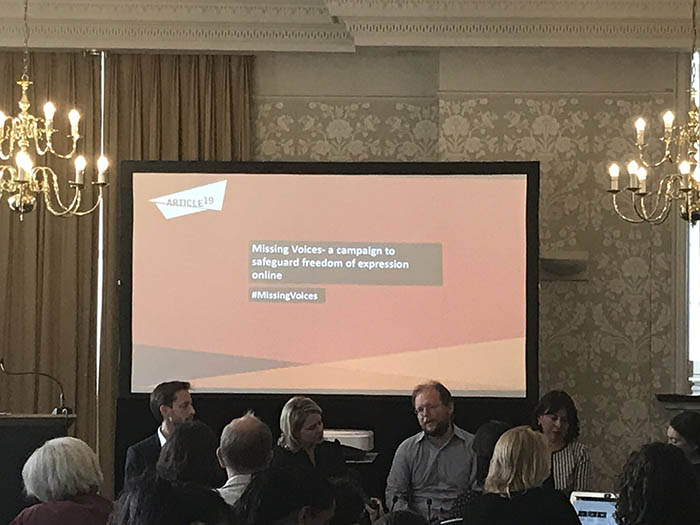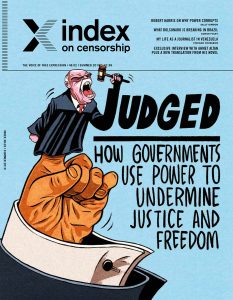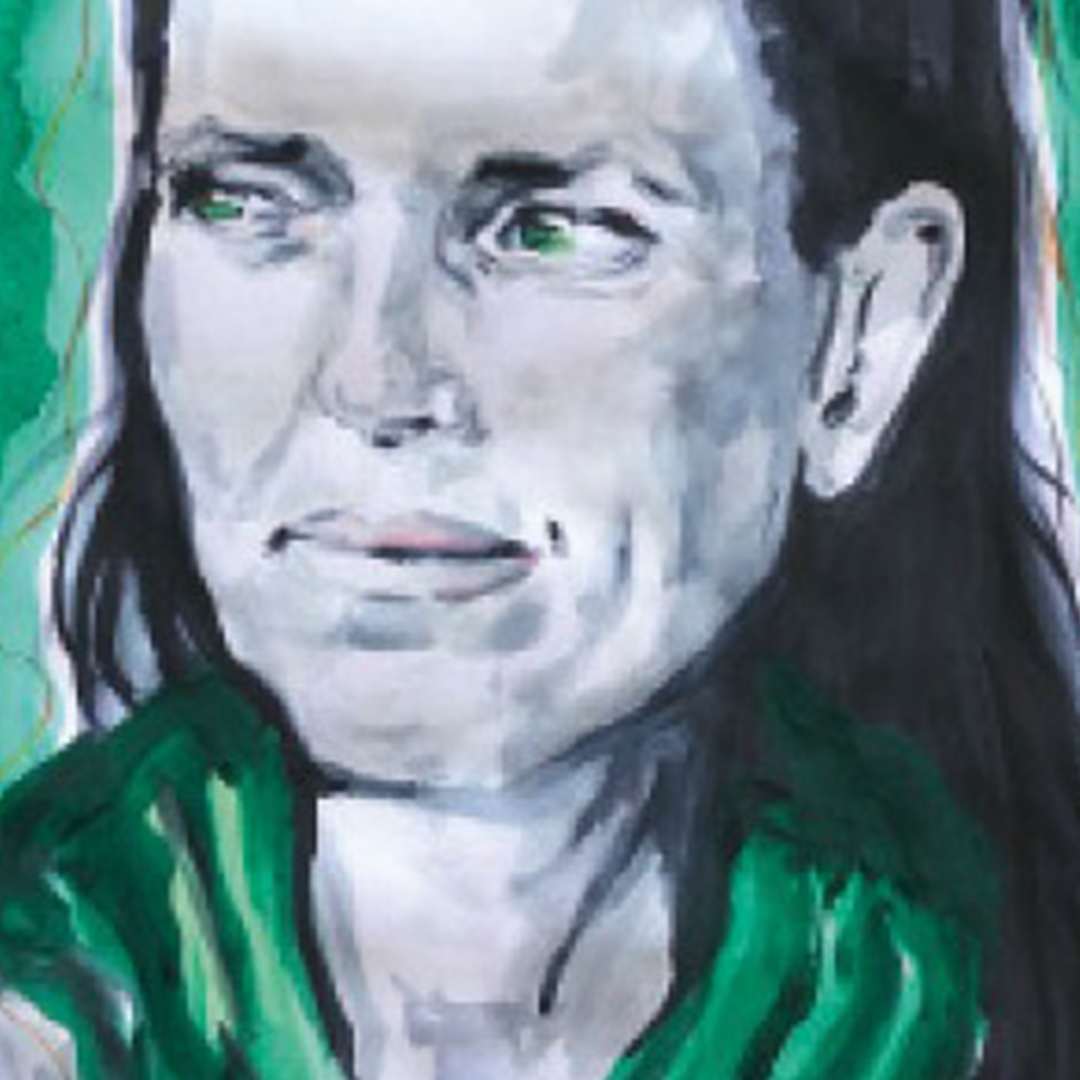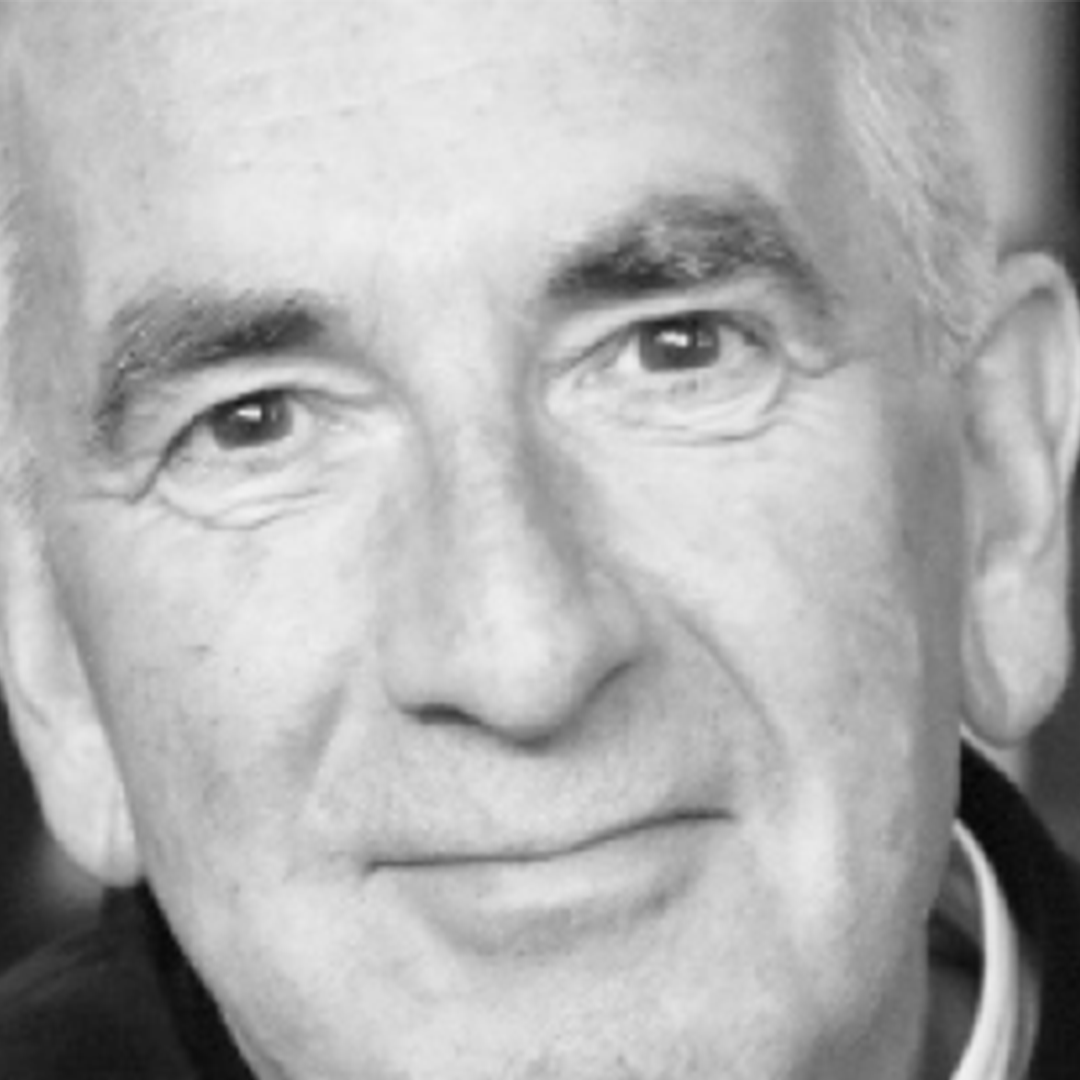25 Jun 2019 | Digital Freedom, Event Reports, News and features
[vc_row][vc_column][vc_column_text]
“Are social media companies publishers or platforms?” Juliet Oosthuysen, who was recently banned from Twitter for expressing an opinion regarding the UK’s Gender Recognition Act, asked at a panel discussion to launch Article 19’s Missing Voices campaign on 20 June.
Oosthuysen was joined by Jennifer Robinson, a barrister who specialises in international media law, Paulina Gutierrez, an international human rights lawyer who has worked on developing the digital rights agenda for Article 19, and Pavel Marozau, an online activist whose satirical films have been removed from YouTube. The event was co-sponsored by Index on Censorship.
Article 19 is an organisation devoted to protecting freedom of expression. Missing Voices is its campaign to call for more transparency and accountability from the likes of Twitter, Facebook and YouTube over content removal. The aim is to protect online free expression in the complex web of intellectual property laws, community standards, algorithms and government censorship mandates that regulate what can and cannot be posted on social media platforms.
As described in Article 19’s 2018 policy brief, Missing Voices’ mission is to “Call on social media platforms to respect due process guarantees in the content moderation and account suspension or removal processes, create clear and transparent mechanisms to enforce such guarantees, and at the same time, call for them to align their policies with their responsibility to respect human rights, set out in the Guiding Principles of Business and Human Rights.”
As social media now spans hundreds of countries and their respective laws surrounding censorship, companies have to either model universally applied community standards to fit within every country’s unique laws or to impose standards unique to each country. This can create overly strict restrictions or even more barriers to free expression. Robinson said: “If any one country can determine that their takedown requirements based on their own free speech standards can be applied globally then we are going to see a race to the bottom of what is available online.”
In the breakout session that followed the panel, various groups discussed the difficulty in balancing the protection of opinions expressed online and fighting against the rampant harassment faced by ethnic, racial, sexual or gender minorities. The line between what is and is not acceptable is often blurry, argued multiple panellists, and is even more so when the decisions about what content to remove and which users to ban are increasingly made by artificial intelligence or algorithms. Speaking about her own experience with being banned and her multiple fruitless attempts to regain her Twitter account, Oosthuysen said: “A person made the decision to terminate my account, and I would like to speak with a person to get it reinstated, not an algorithm.”
Community standards are difficult to navigate. One audience member jokingly suggested social media platforms institute a “cooling off period,” so that users could be protected from censorship for posts made in the heat of the moment following a tragedy. This is not, in fact, a new suggestion: human Facebook content moderators are encouraged to consider recent personal events, such as romantic upheaval, when deciding whether to remove a piece of content that expresses hatred towards a gender, for example. However, the idea that circumstances could excuse certain content that was otherwise inexcusable is difficult to enshrine in community standards that are supposed to be universally implemented. Algorithms — and even human censors — are not always able to determine when a piece of content is intended as a joke or whether it is condoned by the perceived target.
Marozau said that when attempting to understand what community standards he had broken, it was obvious content-sharing platforms “can’t say clearly what they’re against”. Marozau’s film attacked Belarusian president Alexander Lukashenko, and he was subsequently persecuted by the Belarusian government. His film, which he does not believe violated any community standards, was removed shortly after. It can often be difficult, noted Robinson, to determine the reason for the removal of a piece of content, and when removals are manipulated for political ends rather than legitimate online harassment.
There have been instances — some quite recent — when content-sharing platforms have been criticised for censorship after barring high-profile users whose content has been controversial. For example, American far-right conspiracy theorist Alex Jones was censored and banned by Facebook, Youtube, Instagram and Twitter, platforms that haven’t pursued many accounts with less followers but more violent rhetoric. Community standards, it seems, are applied most frequently to send a message rather than act punitively.
The Missing Voices campaign seeks to counteract censorship and consolidate laws and community standards wherever possible. The campaign will lobby media companies by spreading the message of free speech through social media influencers, marginalised groups, employees of the companies and shareholders.
According to Gutierrez: “If we put all the processes together, then we can… find inconsistencies between the actual responses and what [social media companies] are publishing in their transparency reports.” Gutierrez hopes that clarifying the regulations about posting will lead to better awareness about when community standards and laws are used fairly and when for political ends, and that doing so will make social media platforms more conducive to free speech. [/vc_column_text][/vc_column][/vc_row][vc_row][vc_column][vc_basic_grid post_type=”post” max_items=”4″ element_width=”6″ grid_id=”vc_gid:1561458322739-c029debc-beba-1″ taxonomies=”4883, 16927″][/vc_column][/vc_row]
19 Jun 2019 | Magazine, Magazine Contents, Volume 48.02 Summer 2019
[vc_row][vc_column][vc_custom_heading text=”With contributions from Xinran, Ahmet Altan, Stephen Woodman, Karoline Kan, Conor Foley, Robert Harris, Stefano Pozzebon and Melanio Escobar”][/vc_column][/vc_row][vc_row][vc_column][vc_column_text]

Judged: How governments use power to undermine justice and freedom. The summer 2019 edition of Index on Censorship magazine
The summer 2019 Index on Censorship magazine looks at the narrowing gap between a nation’s leader and its judges and lawyers. What happens when the independence of the justice system is gone and lawyers are no longer willing to stand up with journalists and activists to fight for freedom of expression?
In this issue Stephen Woodman reports from Mexico about its new government’s promise to start rebuilding the pillars of democracy; Sally Gimson speaks to best-selling novelist Robert Harris to discuss why democracy and freedom of expression must continue to prevail; Conor Foley investigates the macho politics of President Jair Bolsonaro and how he’s using the judicial system for political ends; Jan Fox examines the impact of President Trump on US institutions; and Viktória Serdült digs into why the media and justice system in Hungary are facing increasing pressure from the government. In the rest of the magazine a short story from award-winning author Claudia Pineiro; Xinran reflects on China’s controversial social credit rating system; actor Neil Pearson speaks out against theatre censorship; and an interview with the imprisoned best-selling Turkish author Ahmet Altan.
[/vc_column_text][/vc_column][/vc_row][vc_row][vc_column][vc_custom_heading text=”Special Report: Judged: How governments use power to undermine justice and freedom”][/vc_column][/vc_row][vc_row][vc_column][vc_column_text]Law and the new world order by Rachael Jolley on why the independence of the justice system is in play globally, and why it must be protected
Turkey’s rule of one by Kaya Genc President Erdogan’s government is challenging the result of Istanbul’s mayoral elections. This could test further whether separation of powers exists
England, my England (and the Romans) by Sally Gimson Best-selling novelist Robert Harris on how democracy and freedom of expression are about a lot more than one person, one vote
“It’s not me, it’s the people” by Stephen Woodman Mexico’s new government promised to start rebuilding the pillars of democracy, but old habits die hard. Has anything changed?
When political debate becomes nasty, brutish and short by Jan Fox President Donald Trump has been trampling over democratic norms in the USA. How are US institutions holding up?
The party is the law by Karoline Kan In China, hundreds of human rights lawyers have been detained over the past years, leaving government critics exposed
Balls in the air by Conor Foley The macho politics of Brazil’s new president plus ex-president Dilma Rousseff’s thoughts on constitutional problems
Power and Glory by Silvia Nortes The Catholic church still wields enormous power in Spain despite the population becoming more secular
Stripsearch by Martin Rowson In Freedonia
What next for Viktor Orbán’s Hungary? Viktoria Serdult looks at what happens now that Hungary’s prime minister is pressurising the judiciary, press, parliament and electoral system
When justice goes rogue by Melanio Escobar and Stefano Pozzebon Venezuela is the worst country in the world for abuse of judicial power. With the economy in freefall, journalists struggle to bear witness
“If you can keep your head, when all about you are losing theirs…” by Caroline Muscat It’s lonely and dangerous running an independent news website in Malta, but some lawyers are still willing to stand up to help
Failing to face up to the past by Ryan McChrystal argues that belief in Northern Ireland’s institutions is low, in part because details of its history are still secret
[/vc_column_text][/vc_column][/vc_row][vc_row][vc_column][vc_custom_heading text=”Global View”][vc_column_text]Small victories do count by Jodie Ginsberg The kind of individual support Index gives people living under oppressive regimes is a vital step towards wider change[/vc_column_text][/vc_column][/vc_row][vc_row][vc_column][vc_custom_heading text=”In Focus”][vc_column_text]Sending out a message in a bottle by Rachael Jolley Actor Neil Pearson, who shot to international fame as the sexist boss in the Bridget Jones’ films, talks about book banning and how the fight against theatre censorship still goes on
Remnants of war by Zehra Dogan Photographs from the 2019 Freedom of Expression Arts Award fellow Zehra Doğan’s installation at Tate Modern in London
Six ways to remember Weimar by Regula Venske The name of this small town has mythic resonances for Germans. It was the home of many of the country’s greatest classical writers and gave its name to the Weimar Republic, which was founded 100 years ago
“Media attacks are highest since 1989” by Natasha Joseph Politicians in South Africa were issuing threats to journalists in the run-up to the recent elections. Now editors have built a tracking tool to fight back
Big Brother’s regional ripple effect by Kirsten Han Singapore’s recent “fake news” law which gives ministers the right to ban content they do not like, may encourage other regimes in south-east Asia to follow suit
Who guards the writers? Irene Caselli reports on journalists who write about the Mafia and extremist movements in Italy need round-the-clock protection. They are worried Italy’s deputy prime minister Matteo Salvini will take their protection away
China in their hands by Xinran The social credit system in China risks creating an all-controlling society where young people will, like generations before them, live in fear
Playing out injustice by Lewis Jennings Ugandan songwriter and politician Bobi Wine talks about how his lyrics have inspired young people to stand up against injustice and how the government has tried to silence him[/vc_column_text][/vc_column][/vc_row][vc_row][vc_column][vc_custom_heading text=”Culture”][vc_column_text]“Watch out we’re going to disappear you” by Claudia Pineiro The horrors of DIY abortion in a country where it is still not legal are laid bare in this story from Argentina, translated into English for the first time
“Knowing that they are there, helps me keep smiling in my cell” by Ahmet Altan The best-selling Turkish author and journalist gives us a poignant interview from prison and we publish an extract from his 2005 novel The Longest Night
A rebel writer by Eman Abdelrahim An exclusive extract from a short story by a new Egyptian writer. The story deals with difficult themes of mental illness set against the violence taking place during the uprising in Cairo’s Tahrir Square[/vc_column_text][/vc_column][/vc_row][vc_row][vc_column][vc_custom_heading text=”Column”][vc_column_text]Index around the world – Speak out, shut out by Lewis Jennings Index welcomed four new fellows to our 2019 programme. We were also out and about advocating for free expression around the world[/vc_column_text][/vc_column][/vc_row][vc_row][vc_column][vc_custom_heading text=”Endnote”][vc_column_text]
[/vc_column_text][/vc_column][/vc_row][vc_row][vc_column width=”1/3″][vc_custom_heading text=”Subscribe”][vc_column_text]In print, online, in your mailbox, on your iPad.
Subscription options from £18 or just £1.49 in the App Store for a digital issue.
Every subscriber helps support Index on Censorship’s projects around the world.
 SUBSCRIBE NOW[/vc_column_text][/vc_column][vc_column width=”1/3″][vc_custom_heading text=”Listen”][vc_column_text]Music has long been a form of popular rebellion, especially in the 21st century. These songs, provide a theme tune to the new magazine and give insight into everything from the nationalism in Viktor Orban’s Hungary to the role of government-controlled social media in China to poverty in Venezuela
SUBSCRIBE NOW[/vc_column_text][/vc_column][vc_column width=”1/3″][vc_custom_heading text=”Listen”][vc_column_text]Music has long been a form of popular rebellion, especially in the 21st century. These songs, provide a theme tune to the new magazine and give insight into everything from the nationalism in Viktor Orban’s Hungary to the role of government-controlled social media in China to poverty in Venezuela
LISTEN HERE[/vc_column_text][/vc_column][vc_column width=”1/3″][vc_custom_heading text=”Listen”][vc_column_text]The summer 2019 magazine podcast, featuring interviews with best-selling author Xinran; Italian journalist and contributor to the latest issue, Stefano Pozzebon; and Steve Levitsky, the author of the New York Times best-seller How Democracies Die.
LISTEN HERE[/vc_column_text][/vc_column][/vc_row]
19 Jun 2019 | Magazine, Magazine Editions, Volume 48.02 Summer 2019
Writer
Xinran is a best-selling British-Chinese author and advocate for women’s issues. She was the first woman to host a phone-in program called ‘Words on the Night Breeze’ from 1989 to 1997.
Novelist
Claudia Piñeiro is a best-selling Argentinian novelist and screenwriter. In 1992 she won the prestigious Pléyade journalism award. Her books have been translated into four different languages.
Author
Robert Harris is a best-selling English novelist. He is a former BBC television reporter. Though he began his career in non-fiction, he has found success through his historical fiction.
18 Jun 2019 | Events
[vc_row][vc_column][vc_single_image image=”107412″ img_size=”full” add_caption=”yes”][vc_column_text]In the 15 years since the advent of Facebook, social media has become theway we communicate with one another online. It’s a space where revolutions and romances start but also where hate and anger bubble.
Who decides what content remains or is removed is one of the key challenges of our age. Should social media giants police content or should governments regulate expression online? How do we challenge their decisions?
Join us for an evening with one of the leading thinkers on this issue – UN Special Rapporteur on the promotion and protection of the right to freedom of opinion and expression David Kaye – as he marks the the UK launch of his new book Speech Police: The Global Struggle to Govern the Internet.
Kaye will be in conversation with presenter, comedian and data geek Timandra Harkness.[/vc_column_text][vc_row_inner][vc_column_inner width=”1/2″][vc_single_image image=”107415″ img_size=”full”][vc_column_text]David Kaye is the United Nations special rapporteur on the promotion and protectin of the right to freedom of opinion and expression, the global body’s principal monitor for freedom of expression issues worldwide. He is also clinical professor of law and director of the International Justice Clinic at the University of California, Irvine.[/vc_column_text][/vc_column_inner][vc_column_inner width=”1/2″][vc_single_image image=”107416″ img_size=”full”][vc_column_text]Timandra Harkness is a presenter, writer and comedian who hosts the BBC Radio 4 series, FutureProofing and How To Disagree. Her book, Big Data: Does Size Matter? was published in June 2016. She will be appearing in a new solo comedy show at the 2019 Edinburgh Festival Fringe: Take A Risk.[/vc_column_text][/vc_column_inner][/vc_row_inner][vc_row_inner][vc_column_inner width=”1/4″][vc_single_image image=”60288″ img_size=”full” onclick=”custom_link” link=”https://www.article19.org/”][/vc_column_inner][vc_column_inner width=”1/4″][vc_single_image image=”102960″ img_size=”full”][/vc_column_inner][vc_column_inner width=”1/4″][vc_single_image image=”107417″ img_size=”full” onclick=”custom_link” link=”https://www.wayra.co.uk/”][/vc_column_inner][vc_column_inner width=”1/4″][vc_single_image image=”85975″][/vc_column_inner][/vc_row_inner][vc_row_inner][vc_column_inner][vc_column_text]
Special thanks to Wayra for hosting and to our friends at Flying Dog Brewery for donating the beer for this event.
[/vc_column_text][/vc_column_inner][/vc_row_inner][vc_column_text]
When: Tuesday 9 July 2019 18:30 – 20:30 BST
Where: Wayra, 20 Air Street London W1B 5AN
Tickets: Free. Registration required via Eventbrite
[/vc_column_text][/vc_column][/vc_row]





